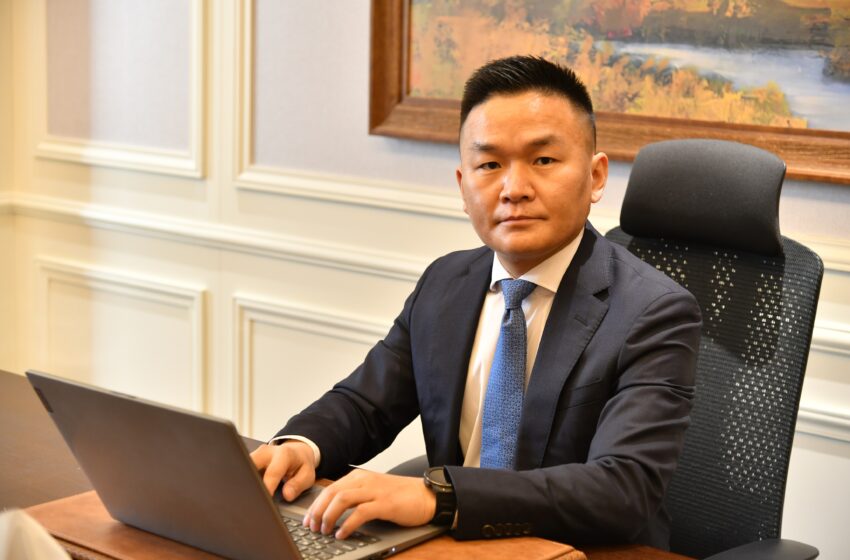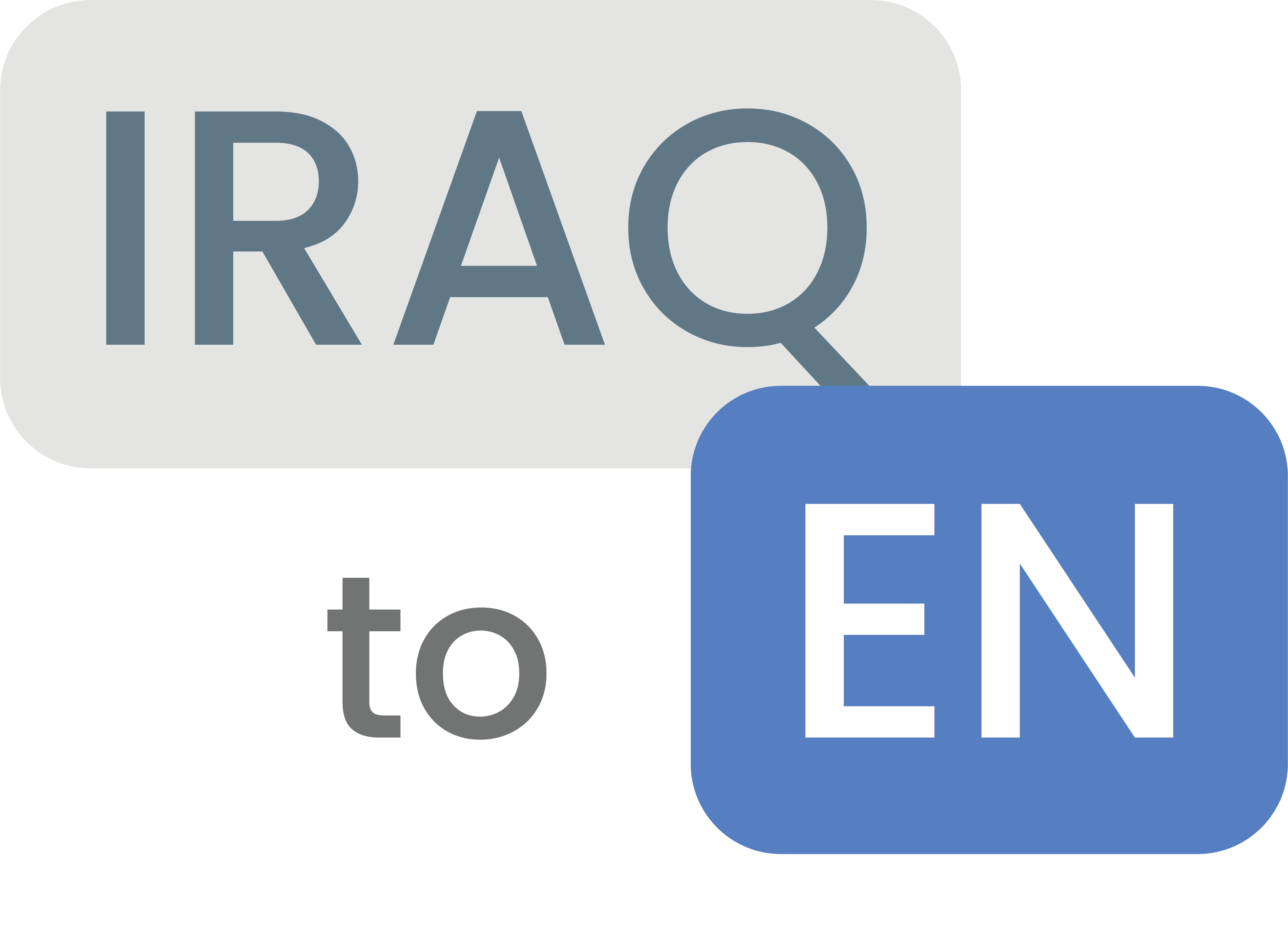
Digital resilience: building the economies of tomorrow on a foundation of cybersecurity and talent in Iraq
William Yang, CEO of Huawei Tech Investment Co. LTE Iraq
Over the last two years, we’ve witnessed an unprecedented acceleration of digital innovation worldwide, empowered by advanced tech-driven strategies to keep pace with rapid change and spark economic growth opportunities, while maintaining a firm focus on competitiveness.
Iraq’s future growth roadmap is focused on digitizing industries, adopting new technologies and ensuring the public has equitable access to technology. Digital transformation is key to unlocking the potential of key industries and this vision will generate new efficiencies, create new jobs and ensure Iraqi companies remain competitive in the global arena.
Iraq is undertaking many plans and steps to harness and increase the use of information and communication technology to modernize government processes and systems, enhance services for citizens, and further boost the digital economy in Iraq. Of course, as the demand for digital services continues to rise in the country, driving the transformation is challenging and one that cannot be accomplished by the government alone. The process relies on multiple stakeholders’ buy-in, and public-private partnerships are necessary to ensure a smooth transition to new digital solutions and services. Huawei is a proud partner with the Iraqi public and private organizations to help ensure a smooth, efficient transition to the intelligent era
As digital transformation accelerates across industries, the application of new advanced technologies – such as cloud computing, artificial intelligence (AI), and big data – brings with it opportunities, but also major challenges. A key challenge with rapid digitization is ensuring cyber resilience and mitigating cybersecurity risks.
Cybersecurity and privacy protection are inherent requirements in a digital world and should be built from the start while ensuring resilience in cyberspace as it is vital to protect and safeguard businesses and societies alike. Governments around the world are paying greater attention to cybersecurity and privacy protection and have adopted laws and regulations to strengthen the governance of cyberspace and protect personal data. With the rising role and importance of data in all parts of our lives, data protection and compliant data use are becoming a basic requirement.
We need to consider how to meet the increasingly strict compliance requirements of regulators, and how to provide secure and trustworthy products and services that fulfill our commitments to customers. We also need to embrace a defense-in-depth approach to provide better security, ensure business continuity, and improve efficiency and customer experience while protecting user privacy.
To deal with cyber threats effectively, we need global standards and internationally agreed processes and best practices. As such, building and implementing an end-to-end global cybersecurity and privacy protection assurance system is one of Huawei’s key strategies. In compliance with applicable laws and regulations in countries where it operates and international standards, Huawei has been creating an effective, sustainable, and reliable cybersecurity and privacy protection assurance system by referring to the requirements of regulators and customers, as well as industry best practices.
On the other hand, cybersecurity and privacy are common challenges, one that all stakeholders – including governments, industry and standards organizations, enterprises, technology suppliers, and consumers – have a shared responsibility to confront. Huawei actively works with governments, customers, and industry partners to address cybersecurity and privacy challenges, thereby reinforcing the need to treat cybersecurity as a team sport and maintaining an open and collaborative environment that encourages innovation and transparency that will see cybersecurity being viewed as the key not only to protect our digital assets but leveraging it to support business.
At Huawei, we are committed to fostering a better life for all in the future digital world by offering secure and trustworthy products, solutions, and services where personal data is lawfully used and always protected. We have in-depth experience collaborating with our customers on advanced tech and industry 4.0 solutions, including Cloud, AI, and IoT for major industry verticals. Our products and solutions are developed and delivered by observing security-by-design and privacy-by-design principles that will allow our customers to safeguard their digital future.
Another key challenge with rapid digitization is empowering young talents to develop ICT skills that play a key role in achieving their national development plans. A new report by UNICEF says that 59.2% of youth in Iraq lack the digital skills needed for employment and social inclusion, and while the world is facing a significant global shortage of qualified ICT professionals, particularly in advanced 4IR technologies, making substantial headway in bridging this talent gap will require new levels of public/private partnerships that create a seamless pathway between university, industry and technology providers. Leading such efforts in Iraq is Huawei, which has set strong foundations to reach many talented youths, encouraging them to pursue STEM topics and rewarding careers in ICT.
At Huawei, we are committed to offering our global expertise and world-class technologies to bridge the gap between the classroom and the workplace and, in turn, further drive the digital economy for a successful future in Iraq. The first initiative is the Huawei ICT Academy program, which has made significant inroads in Iraq. In partnership with universities, the Academy aims to help train the brightest undergraduates in the latest technology and practical skills, with real-world work experience and even the chance of employment with Huawei. Students gain recognized Huawei certifications.
There is a rich talent pool in Iraq, which requires support and nurturing. The 2021 Huawei Middle East ICT competition saw an Iraqi team of students from Salahaddin University-Erbil, Lebanon French University-Erbil, Anbar University, and Cihan University qualify for the global finals after placing third in the region.
Iraq is on a path of building a bright economy, backed by a more robust ICT sector, a resilient cyberspace, and a highly effective and efficient talent pool. Collaboration in an open, transparent, and responsible manner through technological innovation, knowledge sharing, and security measures is a priority to build digital resilience in the country.
for more https://iraq2english.com/


